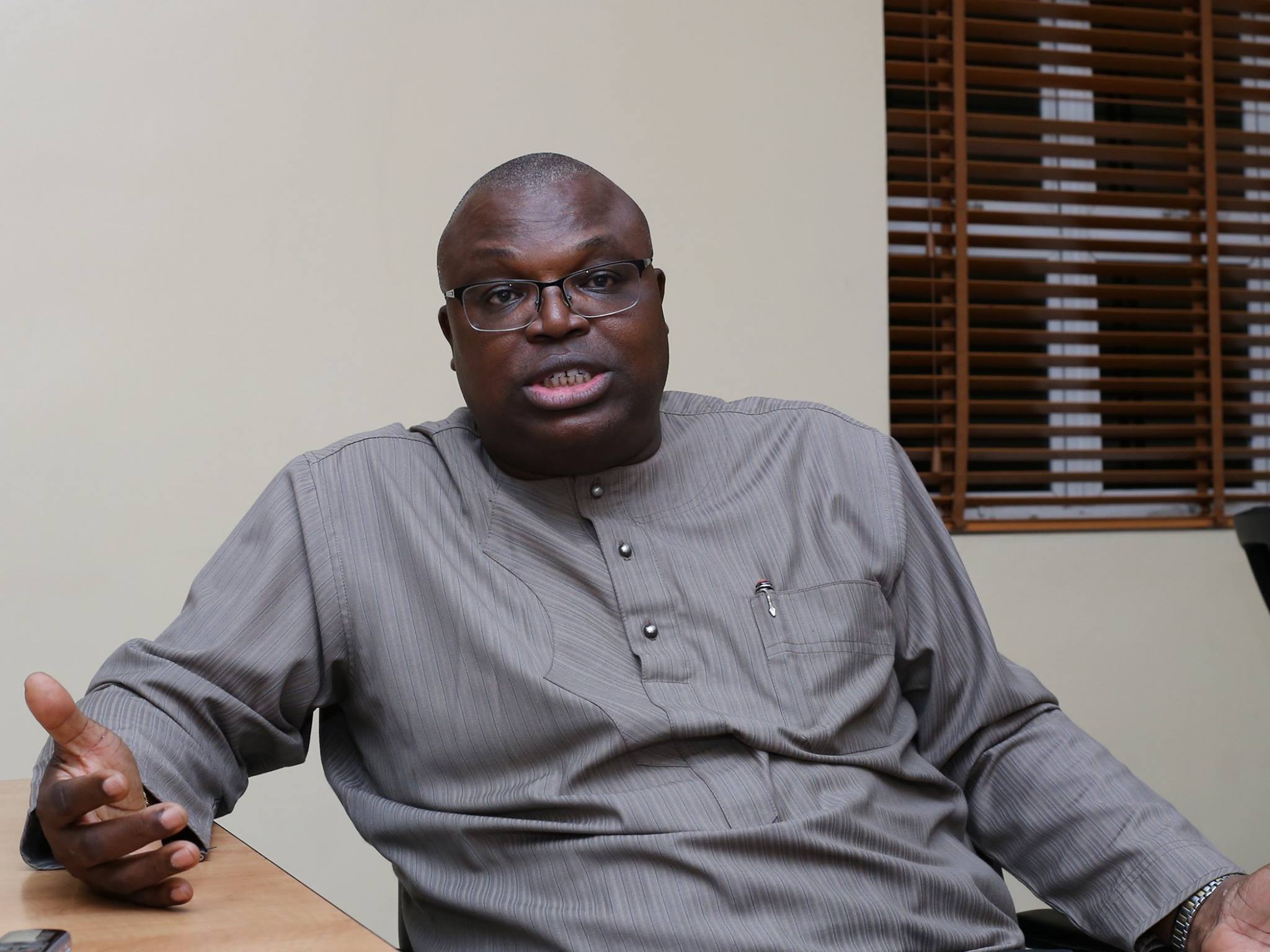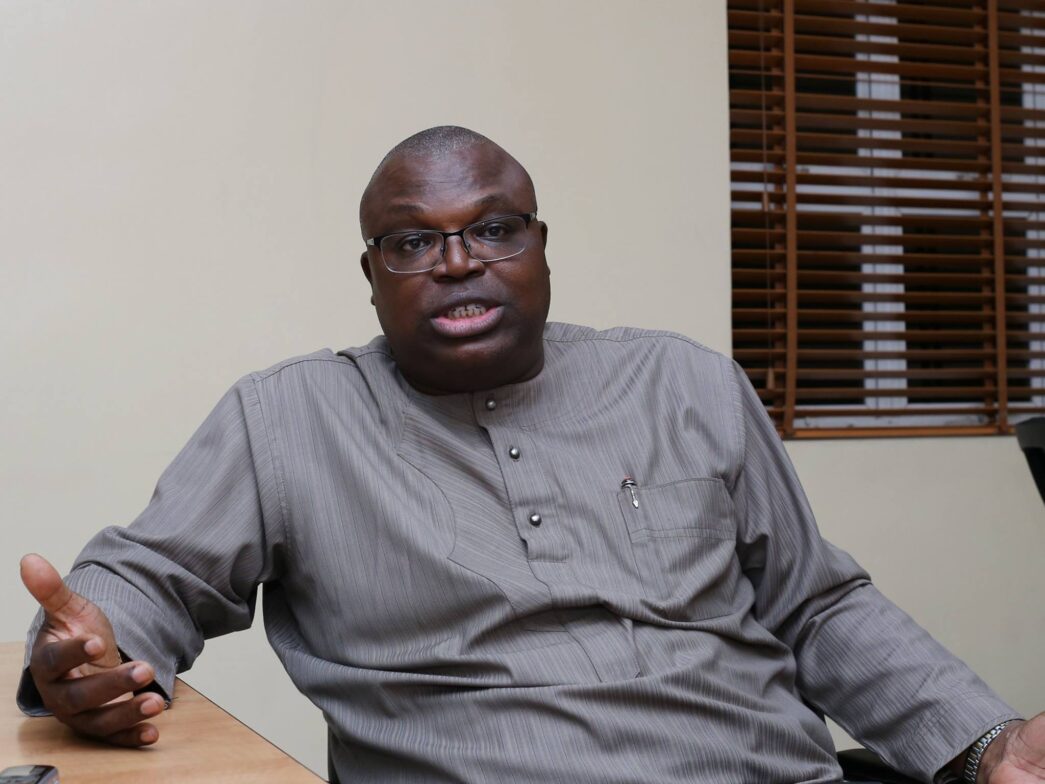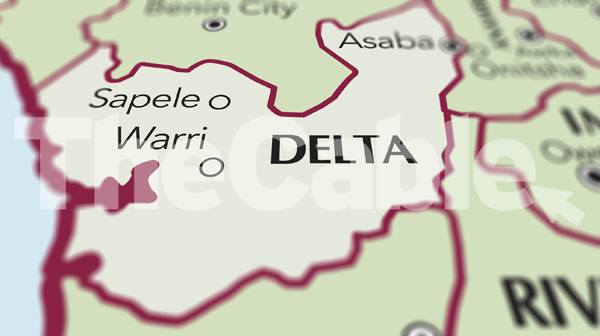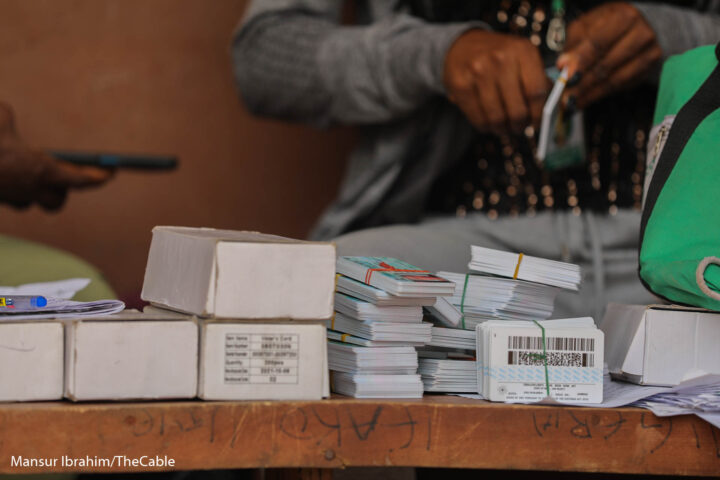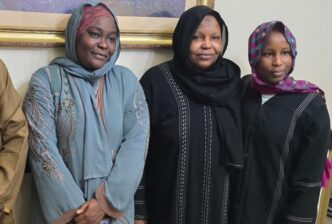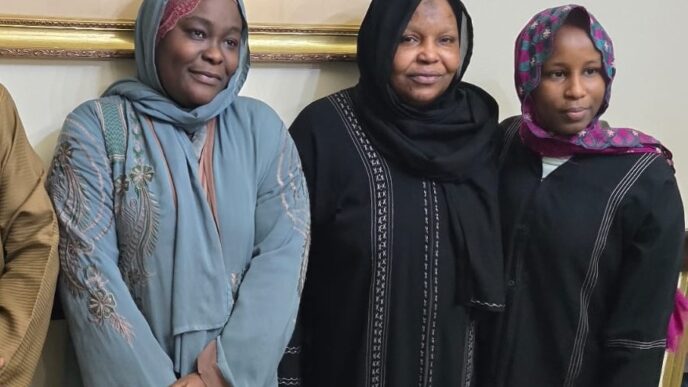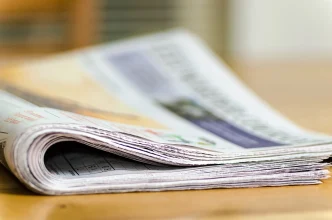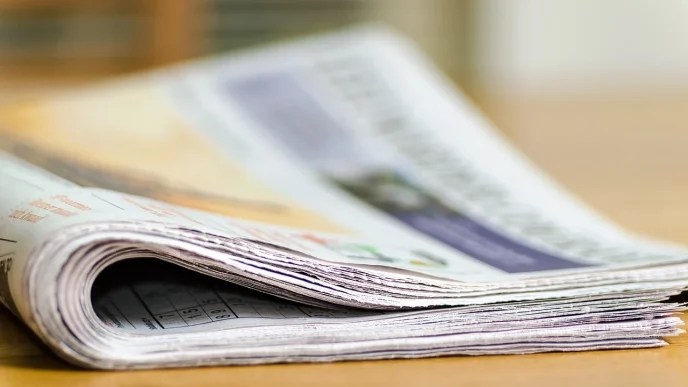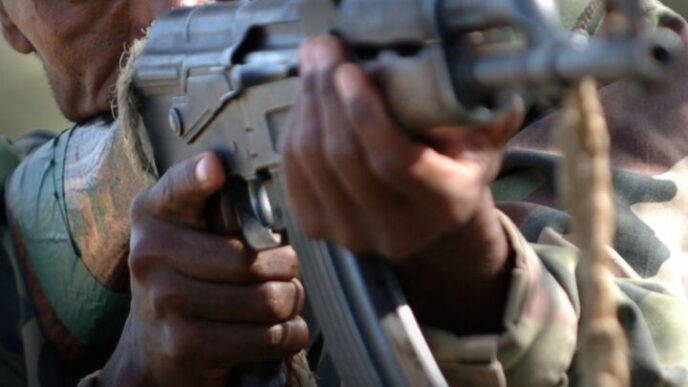Fola Tinubu, managing director of Primero Transport Service Limited
Fola Tinubu is the managing director (MD) of Primero Transport Services Limited. Launched in 2015 by Akinwumi Ambode, the former governor of Lagos, the company weaves seamlessly into the fabric of the state’s transport system — the bus rapid transit (BRT) — regulated by the Lagos Metropolitan Area Transport Authority (LAMATA).
With operations spanning nine years so far, he has led the company in its contribution to easing the commuting experience for residents often caught up in the mega city’s vagaries and complexities of transportation.
In this interview with TheCable’s DESMOND OKON, Tinubu spoke about how the firm has managed the state’s transport landscape, the hurdles, and its plans to participate in initiatives proposed by the federal government.
TheCable: Primero has become a prominent brand in the Lagos state transport sector. During our last interview, you talked about having challenges and the inability to pay your investors. Has that changed?
Advertisement
Tinubu: It has even gotten worse. The issue is that there’s a reason why all over the world public transport is heavily subsidised. But in Nigeria, we are not subsidising it and we artificially keep the price of the ticket low for politics and also because of affordability. Without the affordability factor, public transport would no longer be available.
But if you keep the fares low because you want it to be affordable, then you cannot allow the market to dictate the cost of operations without bridging the gap. But right now, we are allowing the market to dictate the cost of operations. The cost of operations keeps galloping, and the price remains the same. So, it’s a recipe for disaster, and I don’t care how you cut or dice it. It just keeps getting worse.
The last time we spoke, I believe the naira was about N400 or N500. It is now about N1,600. Then, I was complaining that tyres were about N120,000, N130,000, and N140,000. They are now about N250,000 to N300,000 per tyre. Diesel then was about N600 or so; it’s now about N1,200.
Advertisement
All the components that we use on the buses now have tripled. Some of them have quadrupled in price because of the value of the naira. Yet, we’re still charging the same price. So, how do you want it to work? How do you want to break even?
TheCable: From everything you have said, how do you incentivise your investors?
Tinubu: Our investors have more or less given up because it has been over eight years now, and we have been unable to recoup our money or even have the money come off profits.
The problem is our investors have refused to invest new money into the company and I don’t blame them. If you invest money in a company and you can see the numbers, it’s not working out. Why do you want to keep putting good money after bad? So, our investors are reluctant to put new money into the company.
Advertisement
TheCable: When you entered the market, the major attraction for BRT at the time was the comfort and the air-conditioners that the passengers enjoyed. But now, it’s no longer the case. Sometimes, some seats are missing. There seem to be a lot of issues with maintenance.
Tinubu: The ACs work; we just turn them off. We are not making enough money to break even. Every money that comes in just goes into buying diesel and paying salaries.
There will be maintenance issues when you don’t have money to fix things. All I hear is we want a world-class service. We want this; we want everything. We want the AC. But nobody wants to pay for it. All of these things come at a cost. I just told you that almost every kobo that comes in goes to pay for diesel and salary. So, where do I get the maintenance money?
TheCable: So, dilapidated buses will continue to be on the roads?
Advertisement
Tinubu: Then, if we don’t want to have that, we have to do what the rest of the world is doing. Which is, public transport is heavily subsidised all over the world.
I cannot go back to my investors and say, give me money because I want to go fix the buses or give me money, I want to go buy new buses when we’re not breaking even from the ones that we bought already. Will you put your own money in? Everybody comes to me, ‘Oh, we want new buses’. ‘We want electric buses’. We want this, we want this. Nobody comes to me and says, ‘How are you surviving?’ ‘What are you doing to keep everything afloat?’
Advertisement
TheCable: For a long time, you have been calling for the subsidisation of transportation for Lagosians. Why do you think the government is not interested in this conversation?
Tinubu: I don’t work for the government. That’s a question you have to ask the government. But it’s not just state government. Lagos is the commercial heart of Nigeria. Whatever happens to Lagos affects the whole of Nigeria. I’m talking both to the federal, state and local governments. I’m not picking one. I’m saying all of them need to be involved in this. It affects all of them.
Advertisement
TheCable: Do your competitors also feel the same way?
Tinubu: You have to ask them because like I said, I’m not going to speak for other people. But I know some of them are even in worse shape than we are. But you need to go ask them that question. I can only speak for Primero.
Advertisement
TheCable: I understand that Primero is planning to adopt CNG in its operations. If that commences, what benefits do you see for the company and also for commuters in terms of pricing?
Tinubu: This is where I have good news. The federal government is actually working with us because we’ve been trying to do this for about three or four years but we couldn’t afford this, because it takes money to convert. If we manage to convert them (the buses), it will reduce our cost of operation dramatically. Instead of buying diesel at N1,200, we’ll be paying about N300 or 400 for CNG. So, it saves a lot of money, but you still have to come up with some money upfront to do the conversion from diesel to CNG.
I really would like to thank the federal government for this. They are working with us, and hopefully, in the first quarter of next year, we will start the conversion which I believe the federal government will pay for. Will it solve all our problems? No. But it will put us in a better financial shape than we are presently.
TheCable: The general belief is that using CNG will save you a lot of costs, which you’ve reiterated. Will that bring down ticket price?
Tinubu: I just told you for eight years we’ve not made one kobo, and you’re now saying if we’re going to save some money, we should transfer to the commuters. I’m telling you that this company does not even have money to service the buses and to do maintenance. I just told you that we may have some little savings because of this and you say I should transfer it by lowering the price. Do you know that right now we are collecting less than 20 cents per passenger? To go from Ikorodu to TBS, we’re collecting about 40-something cents. Our average fare is less than 20 cents per passenger.
Each bus costs over $100,000 and CNG buses cost over $150,000-$200,000. Do the maths. My problem with Nigerians is that we look at the revenue side. We don’t look at the other side of the ledger.
Everybody’s concern is, ‘Oh, they’re making money’. You can be bringing in a billion naira a day. If your cost of operation is 1.2 billion, you are still running at a loss. Nobody is asking how I am surviving. All I hear is we want a price reduction.
The price they are paying now is not even enough to cover our cost of operations and you are asking me for a reduction?
TheCable: Since the federal government started pushing for the adoption of CNG as a way to reduce the cost of transportation, we started hearing concerns about the safety of CNG usage and people have also reported some incidents of explosions. Are you concerned about this? How do you hope to address those concerns in your operation and possibly convince Nigerians that CNG is safe?
Tinubu: First of all, CNG is used all over the world and I have not heard or read anywhere about safety issues. This is why I say we are intellectually lazy in Nigeria. We don’t do research.
First of all, CNG is lighter than air. So, if there’s any puncture, it goes up in the air. I have not heard of any CNG incidents even in Nigeria. I’m not saying there’s none. I have not heard. They’re using it all over the world. Why is it different for us? Petrol is even more volatile than CNG. So, what safety issue are we talking about? I don’t know of any safety-related issue concerning CNG — unless you can show me and I’m willing to listen and learn.
TheCable: Given the low availability of CNG infrastructure in terms of filling stations, compared to petrol or diesel, what is your sustainability plan?
Tinubu: We already have plans for that. First of all, we don’t fuel outside. We fuel our vehicles inside. So, we believe we will have our own CNG fuel done inside. Also, we’re working with some of the biggest companies. So, it’s not an issue for us.
TheCable: In an interview some years ago, you said President Bola Tinubu is your uncle and that you go to him for counsel. How has the name ‘Tinubu’ impacted on your business?
Tinubu: The name Tinubu has been a blessing to me, but you cannot go to the market to raise money and say ‘because I’m Tinubu, just give me money’. They don’t care. The market doesn’t care.
All they look at is the figures. They will never give you money because you are a Tinubu or because you are a Williams or because you are Lawan. The guys in the financial market are very savvy. Who you are is not the most important. The first thing they will look at is your numbers. If they work, then they start looking at who is this person. Can we trust him or her with the money? But if the numbers do not work, I don’t care what your name is, they’re not going to give you the money, because numbers don’t lie. It is what it is.
But I’m happy and proud to be a Tinubu. I’ve always carried the name with pride all my life. Until I go to my grave, I’ll continue to carry the name with pride and Asiwaju has been a blessing (as I said then and I’ll say it again) in my life. He is my uncle. But because of that, I cannot go and say ‘I want to buy new buses. I’m a Tinubu’ and they give you N10 billion or N20 billion.
Add a comment

